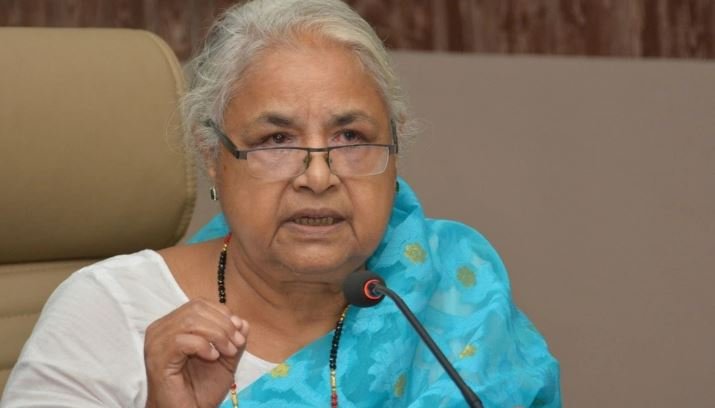Former Nepal Chief Justice Sushila Karki Emerges as Likely Head of Caretaker Government Amid Gen Z Protests
Talks with Army chief and President Paudel remain inconclusive; youth led protests push for change
Kathmandu, Sept 12: In a dramatic turn in Nepal’s ongoing political crisis, former Chief Justice Sushila Karki is likely to be appointed as the head of a caretaker government mandated to oversee fresh elections, highly placed sources revealed on Thursday. The development is being viewed as an attempt to calm the growing unrest led by the country’s youth, particularly the Gen Z protest movement, which has shaken the foundations of the existing political order.
Intensive discussions between key stakeholders—including representatives of the Gen Z group, Army Chief, and President Ramchandra Paudel— continued late into the night but concluded without a final consensus. However, insiders indicated that the talks had narrowed down to Karki’s name as the most widely acceptable choice to head the interim administration.
The youth-led movement, which has been spearheading nationwide demonstrations demanding accountability, transparency, and systemic reforms, has formally proposed Karki as Prime Minister of the caretaker government. Protest leaders argue that her appointment would symbolize neutrality and integrity, given her judicial record and distance from entrenched party politics.
If the proposal materializes, Karki would be tasked with forming an interim cabinet and steering the country toward elections that protesters insist must be free, fair, and reflective of Nepal’s changing demographics and aspirations. Political observers note that her selection would also represent a generational bridge—an attempt to reconcile the youthful energy driving the protests with the stability sought by the establishment.
Although no formal announcement has been made, momentum appears to be building around Karki’s candidacy. Analysts suggest her role could be crucial in preventing further escalation of unrest, which has already seen violent confrontations, attacks on political elites, and widespread destruction of public property.




